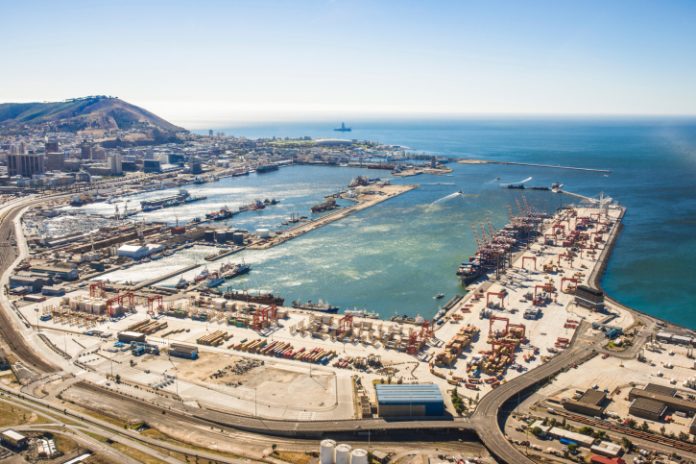Logistics is becoming an important growth industry in Africa with potentially lucrative opportunities for logistics providers, despite significant infrastructure challenges.
Industry experts say growth in Africa’s logistics market is being driven by higher trade volumes as local economies diversify and expand, domestic consumer demand skyrockets, global demand for natural resources escalates, and as infrastructure improves, boosting intra-African trade.
Global logistics companies are taking note.
In November, Chicago-based Seko Logistics opened offices in Uganda and Ethiopia, urged on by strong energy, mining and technology industries (Seko’s core markets) in East Africa. The new offices add to Seko’s existing coverage in Libya, Egypt and South Africa. Bob van der Putten, Seko’s managing director of the Europe, Middle East and Africa region, says the company is also opening offices in Morocco, Tunisia, Kenya, Tanzania, Djibouti and Zambia, as part of its aggressive African expansion strategy.
A delegation of Kenyan logistics and information technology firms travelled to the Netherlands last September to develop partnerships with Dutch companies that provide IT solutions for the logistics sector and to learn from logistics companies that use IT systems to enhance the efficiency of their operations. The mission was organized by the Kenya Shippers Council and Teampro Kenya Ltd., the local arm of the Dutch consultancy, Teampro, and partly sponsored by the Dutch government.
At DHL Express, the world’s leading logistics company, shipment numbers make the case for a positive outlook for Africa. “Our dependency on Europe has been reduced, while trade with Asia, as well as intra-Africa has picked up significantly,” says Charles Brewer, managing director of DHL Express Sub-Saharan Africa. “This is proving to be extremely positive, in light of the economic pressure Europe is currently experiencing,”
British researchers Analytiqa projects logistics spending in Africa by manufacturers and retailers will increase by almost $28.8 billion, or 5.19 percent, in a four-year span, from $128.5 billion in 2012 to $157.3 billion in 2016. The size of the outsourced logistics market alone will increase by 38.4 percent in the period, Analytiqa says in its February report, “Africa Logistics: Keep Cool for Growth; Charting growth trends in logistics markets to 2016.”
The greatest growth will be seen in Nigeria (more than 70 percent), Kenya (around 60 percent), Morocco, and Uganda. South Africa, the continent’s largest and most developed logistics market at a value of $3 billion, will post a compound annual growth rate of more than 4 percent, the report predicts.
Food commodities and agri-business will be key drivers as countries move to higher levels of food processing and trade in food products. Facilitating this trade “will require vast improvements in cold-chain services, including both transport and temperature controlled storage facilities,” the report says.
Moreover, “by 2060, there will be 1.1 billion Africans in the middle class, creating a significant rising consumer base and demand for contract logistics services. Indeed, by 2011, Africa already had more households in the middle class than India.”
DHL says it expects significant trade growth to come from the technology sector as thousands of mobile handsets, tablets, televisions, laptops and computers begin to permeate the continent.
“There is a huge amount of optimism from [third-party logistics providers] about the future of logistics markets across Africa, as economic growth is driving stronger consumer demand and creating higher market attractiveness for retailers and manufacturers alike,” Analytiqa’s research director Mark O’Bornick commented. “We are seeing European fashion brands and Chinese automotive manufacturers now locating in Africa aiming to tap into the continent’s impressive potential, which has some commentators calling Africa ‘the new Asia’.”
The sobering note is infrastructure weakness. “Sub-Saharan Africa undoubtedly provides numerous opportunities, but there are still significant challenges around infrastructure, labor relations and the ease of cross-border trade within the region, which need to be improved in order to facilitate the growth required on the continent,” says DHL’s Brewer.













